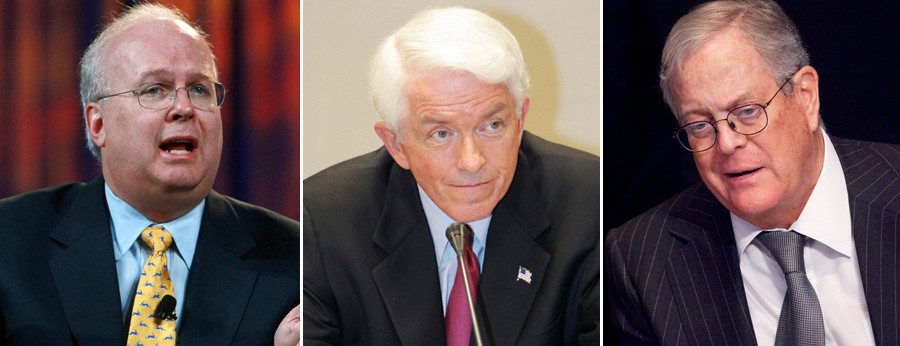Ontario nurses are urging the Harper government to scrap its plans to reduce health care coverage for refugee claimants or face the fact people will die.
Ottawa announced in April it will strip thousands of refugees of health-care coverage starting in July unless their conditions pose a threat to public health.
“Ontario’s nurses, like health-care professionals from across the country, are gravely concerned that these dangerous changes will threaten the lives and well-being of people who have already experienced trauma and hardship before they arrived in Canada,” Doris Grinspun, chief executive officer of Registered Nurses’ Association of Ontario, said in a letter to Prime Minister Stephen Harper.
Ottawa announced in April it will strip thousands of refugees of health-care coverage starting in July unless their conditions pose a threat to public health.
“Ontario’s nurses, like health-care professionals from across the country, are gravely concerned that these dangerous changes will threaten the lives and well-being of people who have already experienced trauma and hardship before they arrived in Canada,” Doris Grinspun, chief executive officer of Registered Nurses’ Association of Ontario, said in a letter to Prime Minister Stephen Harper.




























